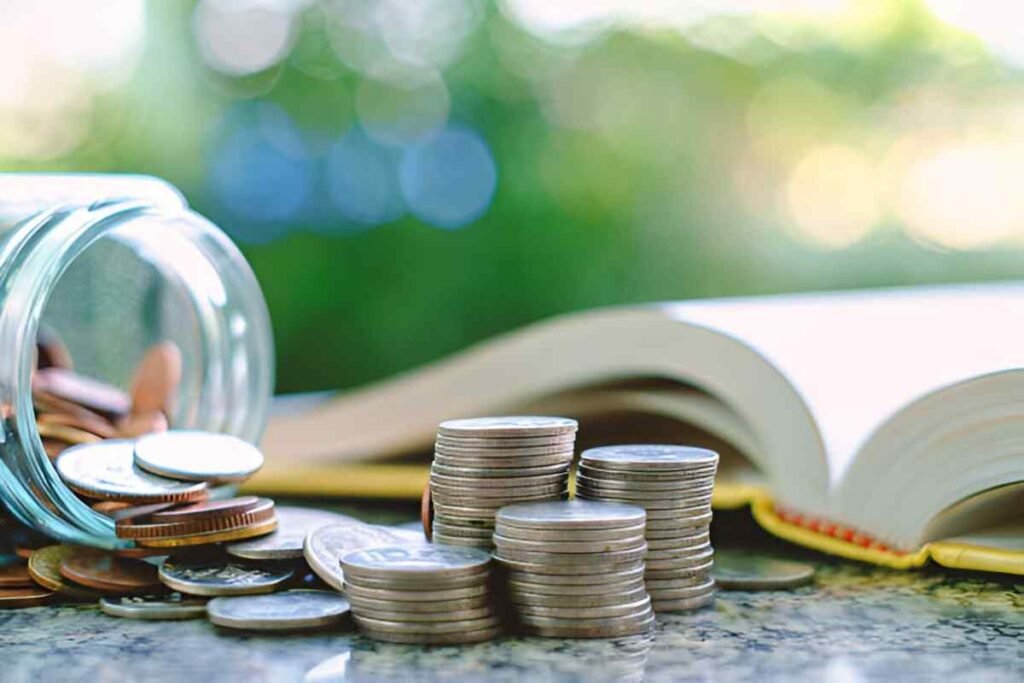When discussing business, finance, or investments, the term economic value often comes up. Understanding what economic value means is crucial for making informed decisions. This guide will explain what economic value is, why it matters, and provide examples to make the concept clearer.
Table of Contents
What is Economic Value?
Definition
Economic value is the worth of a good or service determined by the market. It is based on the benefits that the good or service provides to individuals or businesses and is often measured in monetary terms. Essentially, economic value is what people are willing to pay for a good or service, reflecting its perceived benefit.
Importance
Understanding economic value is important because it:
- Guides pricing: Helps businesses set prices for their products or services.
- Informs investment decisions: Aids investors in assessing the worth of assets.
- Supports policy-making: Assists governments in understanding the value of public services and infrastructure.
How Economic Value is Determined
Market Demand
Economic value is largely determined by market demand. When many people want a product or service and are willing to pay a high price for it, its economic value increases. Conversely, if demand is low, the economic value decreases.
Utility
Utility refers to the satisfaction or benefit that consumers get from using a product or service. The greater the utility, the higher the economic value. For example, essential items like food and medicine typically have high economic value because they provide significant benefits to consumers.
Scarcity
Scarcity also plays a role in determining economic value. When a product or service is rare or difficult to obtain, its value increases. For instance, diamonds have high economic value due to their scarcity and the high demand for them.
Cost of Production
The cost of production affects economic value as well. If it costs a lot to produce a good or service, the price will likely be higher to cover these costs and make a profit. However, this is balanced by what consumers are willing to pay, which ultimately determines the economic value.
Types of Economic Value
1. Use Value
Use value is the direct benefit that a person receives from using a good or service. For example, the use value of a smartphone includes communication, internet access, and entertainment.
2. Exchange Value
Exchange value is the worth of a good or service when it is traded or sold in the market. It is determined by what others are willing to give in exchange for it. For instance, the exchange value of a car is its selling price in the market.
3. Intrinsic Value
Intrinsic value refers to the inherent worth of an asset, based on its fundamental characteristics, without considering market prices. For example, the intrinsic value of a piece of land might be based on its location, size, and potential for development.
Example of Economic Value
Scenario
Let’s consider a new technology company, TechGadgets, that has developed a revolutionary smartwatch. To understand its economic value, we need to consider several factors.
Market Demand
If consumers find the smartwatch useful for tracking health, receiving notifications, and making payments, the demand will be high. High demand increases the economic value of the smartwatch.
Utility
The smartwatch offers significant utility by helping users monitor their health, stay connected, and make transactions conveniently. The high utility increases its economic value.
Scarcity
Initially, TechGadgets might produce a limited number of smartwatches due to production constraints. The scarcity of the product can drive up its economic value as consumers compete to purchase the limited stock.
Cost of Production
If the smartwatch is expensive to produce due to advanced technology and high-quality materials, TechGadgets will need to set a higher price to cover costs and earn a profit. However, the final economic value is determined by what consumers are willing to pay.
Use Value vs. Exchange Value
The use value of the smartwatch is high due to its various features and benefits. The exchange value, or its market price, reflects how much consumers are willing to pay for those features. If the smartwatch is sold for $500, that price represents its exchange value in the market.
Why Economic Value Matters
Pricing Strategies
Businesses use economic value to set prices that consumers are willing to pay while ensuring profitability. Understanding economic value helps in pricing products or services competitively and maximizing revenue.
Investment Decisions
Investors assess the economic value of assets to make informed decisions. By evaluating the potential benefits and market demand, investors can determine whether an asset is worth investing in.
Policy Making
Governments and policymakers use economic value to evaluate public services and infrastructure projects. By understanding the economic value, they can allocate resources efficiently and make decisions that benefit society.
Conclusion
Economic value is a fundamental concept in business, finance, and economics. It represents the worth of a good or service based on market demand, utility, scarcity, and production costs. By understanding economic value, businesses can set effective pricing strategies, investors can make informed decisions, and policymakers can allocate resources efficiently.





